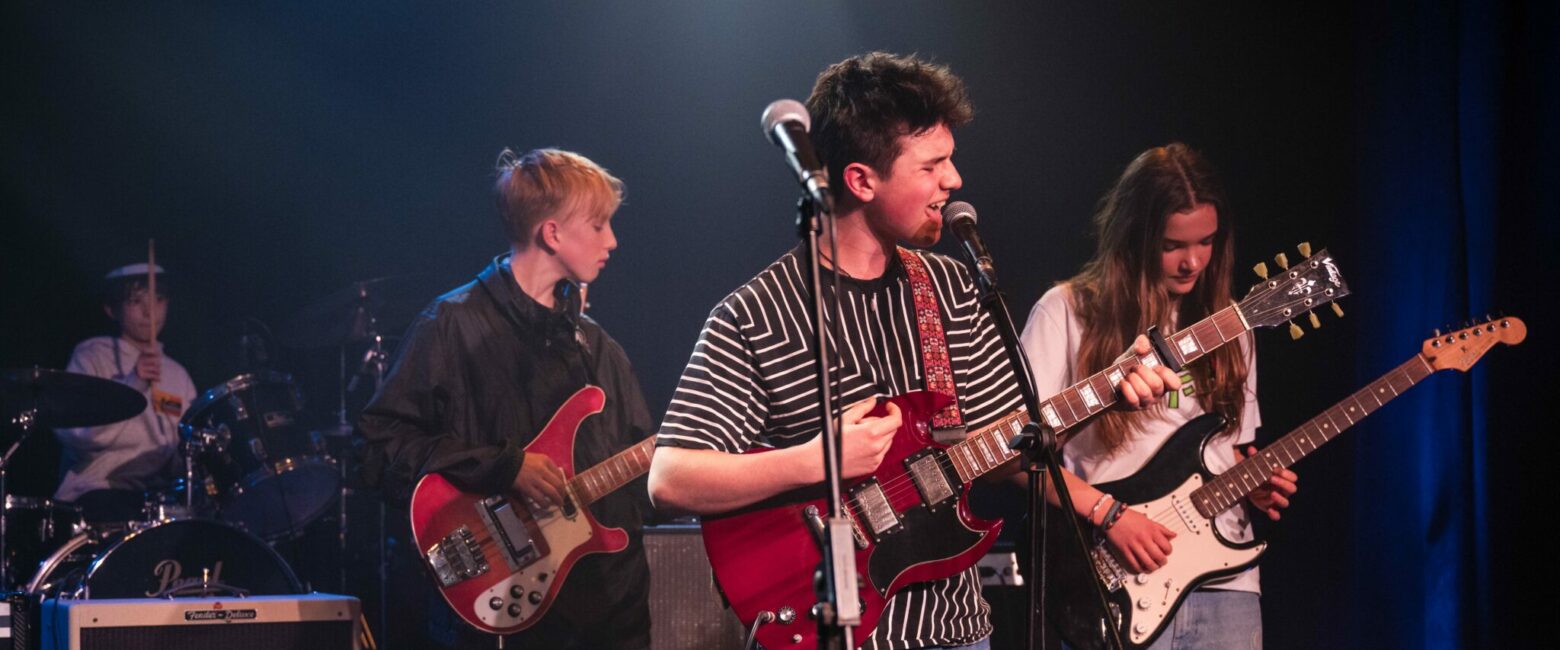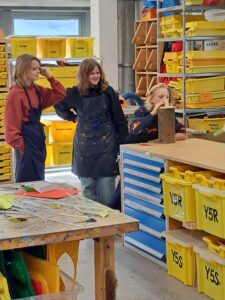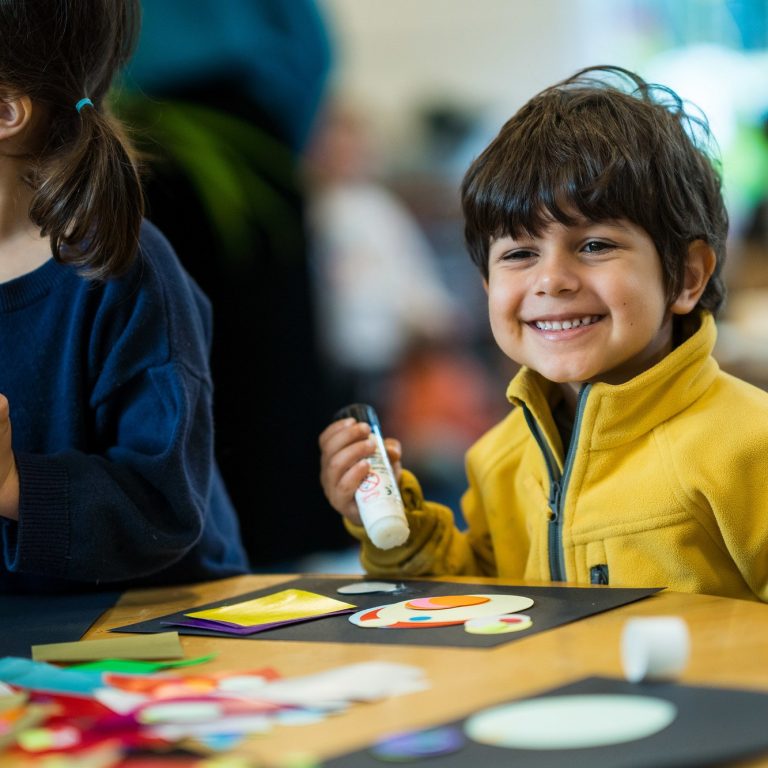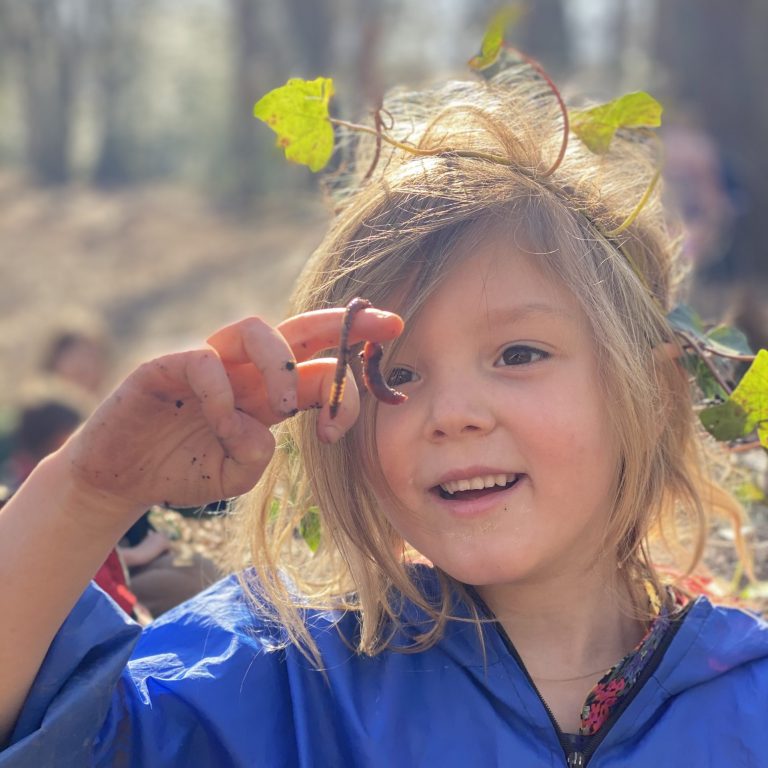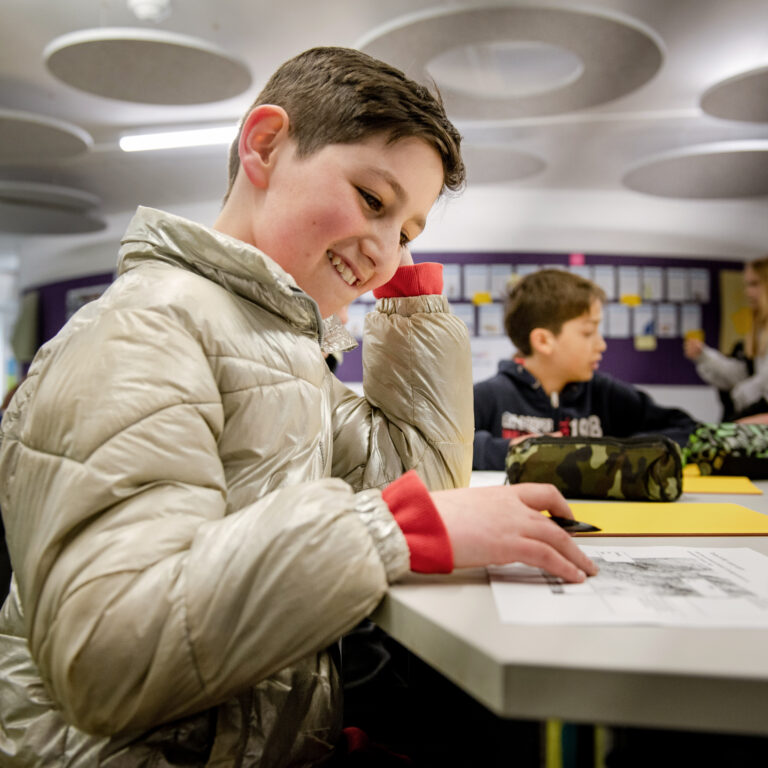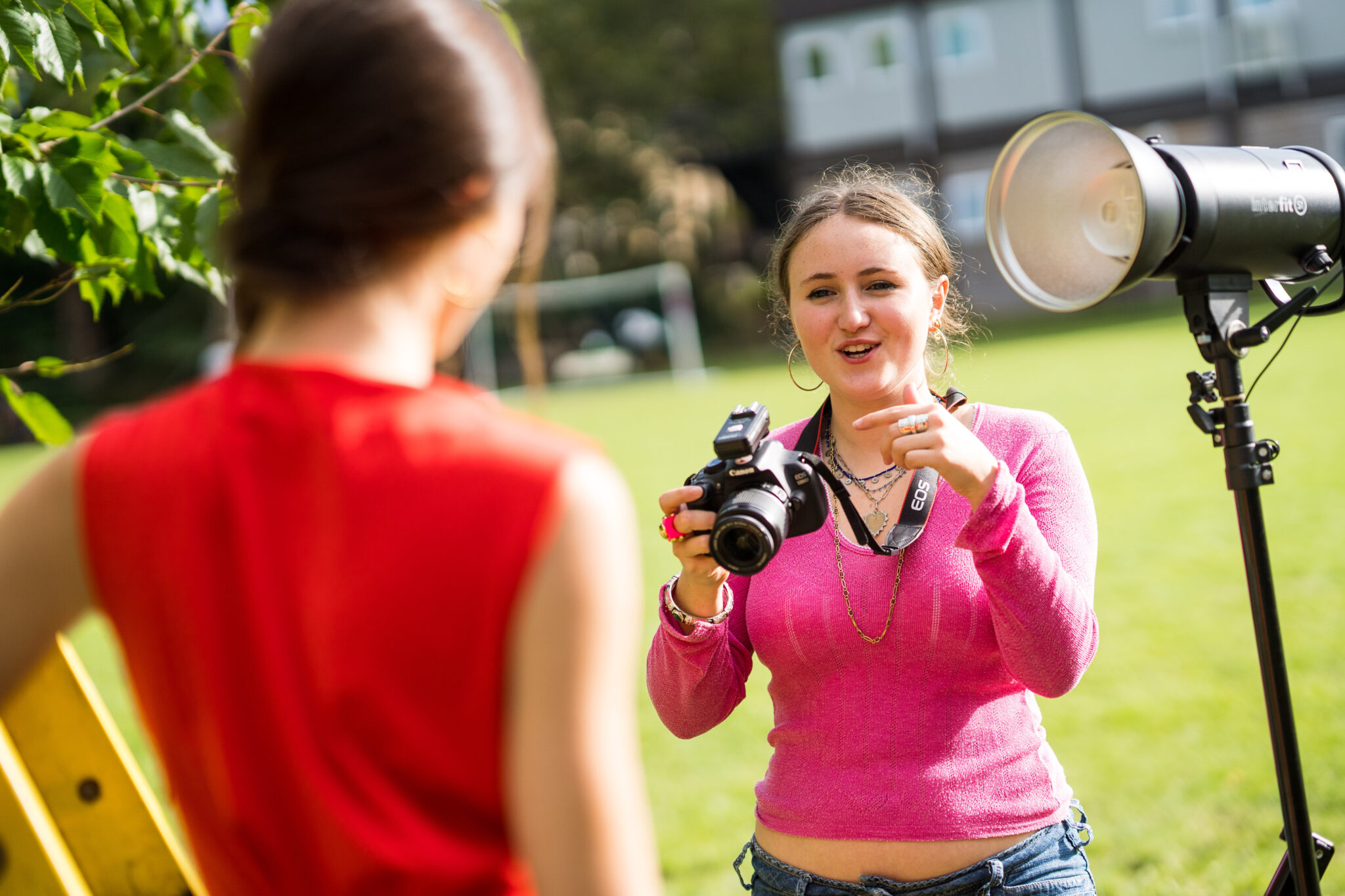Year 7 STEM Exploration
19th December 23
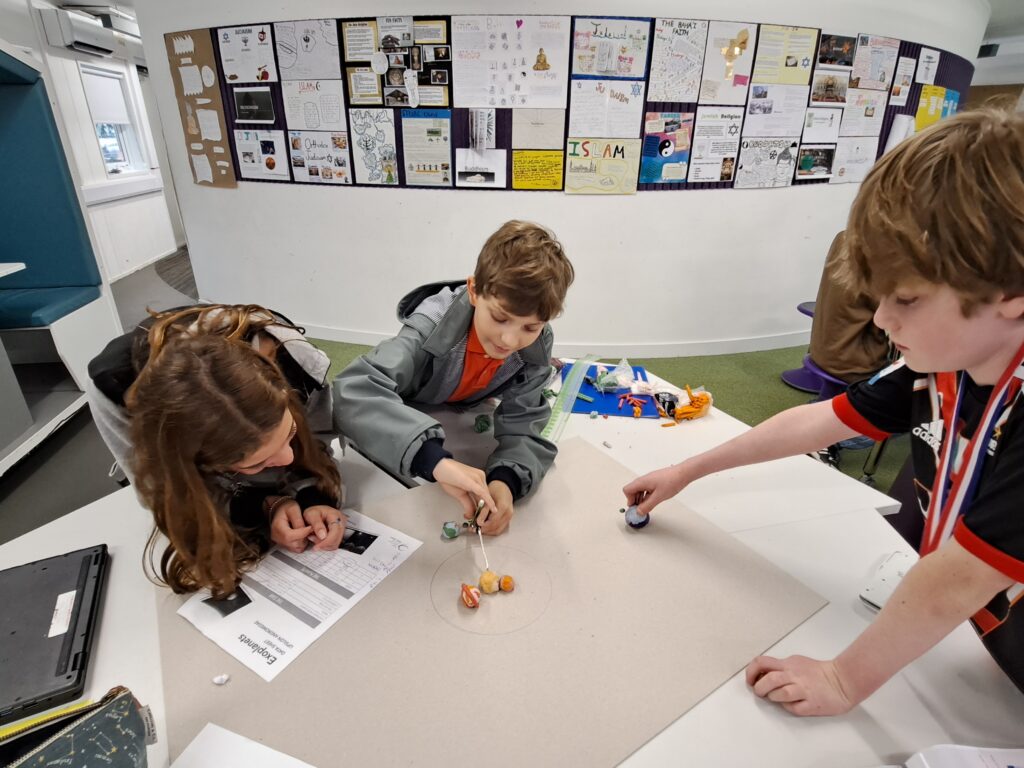
At The King Alfred School, Year 7 students partake in term long interdisciplinary enquiry projects (‘Explorations’). Explorations provide students with a deeper learning experience and the opportunity to develop their communication, collaboration, and creative thinking skills. This term, Year 7 students answered the question ‘is space exploration ethical?’
The project kicked off by exploring what conditions and resources people need to live in space. Inspired by watching film clips of The Martian, students quickly replaced phones with food on their packing lists! Students considered what they already knew about space and wanted to find out. They then came up with questions that were answered as the Exploration progressed. Students then made mini rockets, questioning and researching how design impacts trajectory, aerodynamics and distance travelled.
Students gained mathematical knowledge about square numbers, square roots, rounding, substituting into formulae and applied this knowledge to calculate the distance of the goldilocks zone from a star. The goldilocks zone is where there could be liquid water; this could indicate that the planet may be able to sustain life. They collaborated to make a model of the star and its planets and used this model to determine whether there were any planets in the goldilocks zone. They collected findings from other groups and used these findings to predict whether it is possible to colonise another planet.
This work helped developed students’ critical thinking skills, particularly around justifying their opinions using clear criteria, logic and evidence. Their learning enabled them to answer the question: Will space exploration enable us to colonise another planet?
S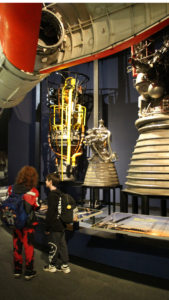
Students went on to consider the environmental impact and cost of space explorations. They considered whether it is ethical to spend so much money and carbon exploring space. They were able to debate the positives and negatives of space exploration and back up their opinions up with evidence. This led to many heated debates!
Students gained an understanding of how technology can be used to enhance communication. They learnt how to use Canva, an online graphic design tool, to create magazines and videos. Students had the choice of answering any of the questions below though a Ted Talk, Newsround Video, Kurzgesagt (animated) video, children’s magazine, letter to an editor of a newspaper, or come up with their own proposal. A trip to the National Science Museum provided inspiration.
- Is space exploration ethical?
- Will space exploration enable us to colonise another planet?
- How can space exploration have a positive impact on life on Earth?
- Can and should we send waste into space?
- Can space exploration help to solve our energy crisis?
- Can space exploration improve health and medicine?
- Can space exploration help us to find important resources?
- Can space exploration help us to understand how we got here?
- How can satellites improve our life on Earth?
Year 7 student Hugo commented: ‘Explorations are different from normal lessons. We learnt lots of new things about space from many different perspectives. Instead of just learning about one subject. Explorations is more engaging as the way we learn is different and you learn about subjects you do not normally learn about. I choose to write a novel for my final task. I enjoyed writing it and it improved my creative writing skills. I was able to find reliable websites about space exploration and use them to make my novel factually correct and realistic.’
Year 7 teacher Kim commented: ‘Exploring in this way enabled students to ‘split screen’ their learning. They understood the value of developing their mastery within subjects, how this links together and the skills and dispositions they were developing through this learning. Their curiosity bred more curiosity, and it was amazing to see the students collaborating, teaching, and peer-assessing each other. We, and they are delighted with the breadth and depth of their studies.’


